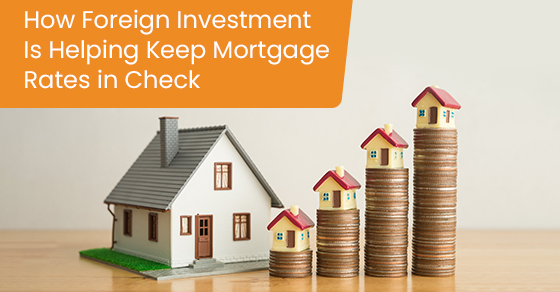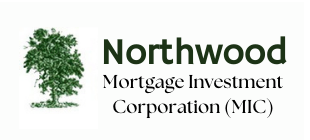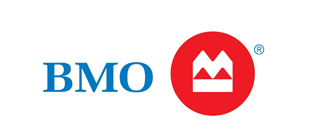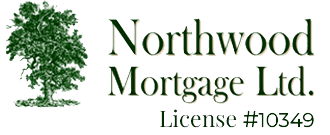Foreign buyers in Canada make headlines for snapping up homes. However, they also do something else that often gets overlooked: their investment affects the cost of borrowing. Foreign money goes into properties, flows through other parts of Canada’s economy, and improves housing affordability across Ontario.
Here is everything you need to know about international investment in the mortgage market and associated trends.
Foreign Buyers in Canada and Debt Markets
Foreign buyers are large financial institutions, pension funds, and global buyers who invest in more than homes.
According to a new report from the National Bank of Canada, international investors purchased $91 billion worth of Canadian Treasury bills and bonds (between April 2024 and March 2025).
This covered nearly 60% of all federal debt issued during that time—a record-setting figure. The level of foreign demand raises important questions about who truly supports Canada’s growing debt.
How Foreign Investment in Real Estate and Debt Liquidity Stabilizes Mortgage Rates
Foreign buyers in Canada keep mortgage rates steady in two main ways:
1. Government bonds
When foreign investors buy large amounts of Government of Canada bonds, it adds liquidity, which means more money flows into the system. As a result, bond yields stay stable. This directly affects lending costs. Banks and lenders can borrow or hedge at a steady rate.
2. Real estate
Foreign investment in real estate (both residential and commercial) brings steady capital into the property market. When investors from outside the country keep buying assets here, it signals long-term confidence in Canada’s economy.
Over time, this strong demand helps reduce what is called the “cap rate,” which simply means the returns that investors expect on a property. A lower cap rate makes it cheaper for developers and lenders to raise funds.
CBRE reports that real estate spreads in Canada remain close to the long-term average. Cap rates may even compress slightly as the year progresses—a trend that supports more stable mortgage pricing.
These effects work together. They help protect housing affordability in competitive markets like Ontario.
Restrictions on Foreign Buyers in Canada Can Impact the Mortgage Market
Canada’s foreign ownership ban is still in place. Known as the Prohibition on the Purchase of Residential Property by Non-Canadians Act, this federal ban took effect in January 2023.
Originally set to end in 2024, it has now been extended to January 1, 2027. The reason behind the ban is to slow demand and improve housing affordability.
However, limiting foreign buyers in Canada comes with trade-offs. When fewer international funds flow into Canadian real estate, capital inflows shrink. This affects home sales and slows down investment in other areas, like government bonds.
The foreign ownership ban has ripple effects. Markets lose some of their flexibility. Liquidity drops and lenders face higher funding costs, which can raise mortgage rates.
Fresh 2025 Trends Backing the Case
Recent reports show how foreign investment in real estate continues to shape Canada’s housing and debt markets.
- The Bank of Canada’s May 2025 Financial Stability report points to strong liquidity. A key reason is large foreign holdings of Canadian bonds. These keep markets calm and borrowing costs lower.
- The CMHC’s Housing Market Outlook detailed that lower mortgage rates and economic support are making homeownership more possible—a big boost for housing affordability.
- The latest CBRE Real-Estate Market Outlook expects investments to hit $48 billion this year. The report also noted that cap rates could compress if global bond demand stays healthy. More foreign investment in real estate means better financing conditions.
- Foreign buyers in Canada sold a net total of C$9.4 billion of securities in April 2025. Despite the pullback, the broader investment picture is still strong.
Your Broker’s Expert Advantage
Markets shift and rates change. However, smart advice makes all the difference. Northwood Mortgage is one of the GTA’s largest brokerages. Our team connects Ontario buyers to lenders who benefit from stable funding, even as foreign buyers in Canada continue to shape the market.
These strong capital flows help protect housing affordability. To reach out to one of our expert brokers, call 888-495-4825 or contact us online to get personalized advice and take the next step to home ownership.










































